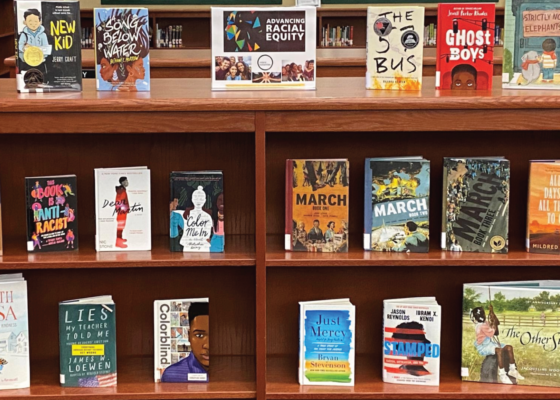Political Civility in Foreign Affairs
October 1, 2012While civility in American politics is in the forefront of our minds due to the ever-increasing coverage of the upcoming elections, our discussion of this topic needs to stretch beyond…
While civility in American politics is in the forefront of our minds due to the ever-increasing coverage of the upcoming elections, our discussion of this topic needs to stretch beyond our shores. More than mudslinging commercials, name calling and stealing other people’s yard signs, we should be worrying about political civility in foreign affairs.
Last week the UN General Assembly featured discussion on Iran’s nuclear plans. These plans make Americans and their allies nervous. Israeli officials believe by next summer, Iran could have nuclear capabilities. Two uranium enrichment plants located underground near Natanz and Fordo, as well as the ongoing construction in Arak for a heavy-water reactor, point to the progress of their nuclear aspirations. France, Britain, Germany, the United States, China and Russia have tried to get Iran to give up their nuclear ambitions for almost a decade with no success.
What we often forget is Americans’ incivility in the 1950s helped create the modern Iran and served as a rallying point for anti-American sentiments in the 1979 Iranian Revolution. The United States and Great Britain created decades of instability when there was great promise of progress. On August 19, 1953, the United States assisted in ousting a decent leader, Mohammad Mosaddegh. (Fun fact- The coup was called Operation Ajax. It gives me something to think about every time I wash dishes.) He had a stabilizing plan for the nation that included nationalizing Iranian oil. Nationalizing Iran’s oil meant cutting American and British businessmen out of the equation. Therefore, Mosaddegh was attacked in the American press as being unstable for personal tendencies that were declared effeminate, weak and strange. (Really, if I was president, I would hold meetings in my bedroom while still clad in pajamas. He was a wise man. Creature comforts are needed in stressful times.) However, these press releases made him seem like a liability and his platform of nationalizing oil demonstrated “anti-American” tendencies. The CIA’s actions 59 years ago are still haunting us in some ways today as Americans and their allies have something to fear from Iran’s entrance into the nuclear club.
The real question now is how can we regain the civility needed to obtain a resolution to this issue. Currently we are on a path that is ramping up with talk of sabotage, neutralization and even war. Ironically, on September 21, 2012, the UN celebrated the International Day of Peace. Without a more civil view of others and our own history, peace will remain just out of our reach.
In September, October and November, Indiana Humanities is exploring the topic of “civility,” as part of its Spirit of Competition theme.


